EU Fights Back Against US Tariffs Potential Global Trade War
The European Union is gearing up to take decisive action in response to the tariffs imposed by US President Donald Trump. In the coming days, it is expected to approve its first package of targeted countermeasures worth up to $28 billion, affecting a wide range of goods — from dental floss to diamonds. This move could further escalate trade tensions.
The EU's actions regarding the US tariffs symbolize the region’s readiness to protect its economic interests. By joining Canada and China, the EU increases pressure on the US, indicating that Trump’s trade policies will not go unchallenged.
Potential Consequences
There are several significant risks associated with this situation:
1. Increased Costs: Heightening trade conflicts could lead to rising prices for numerous consumer goods.
2. US Retaliation: Further measures by the US in response to the EU actions could intensify the tension.
3. Economic Impact: Ongoing trade frictions could affect the stability of the global economy, triggering a downturn in global production.
Economists' Outlook
Experts warn that continuing this confrontation could have serious economic repercussions:
- Inflation Growth: Increased tariffs will raise the cost of imports, impacting the final prices of goods for consumers.
- Slower Economic Growth: Trade barriers could hinder international commerce, affecting overall economic growth.
- Market Uncertainty: Investors may shy away from risks associated with uncertain trade policies, potentially leading to decreased activity in stock markets.
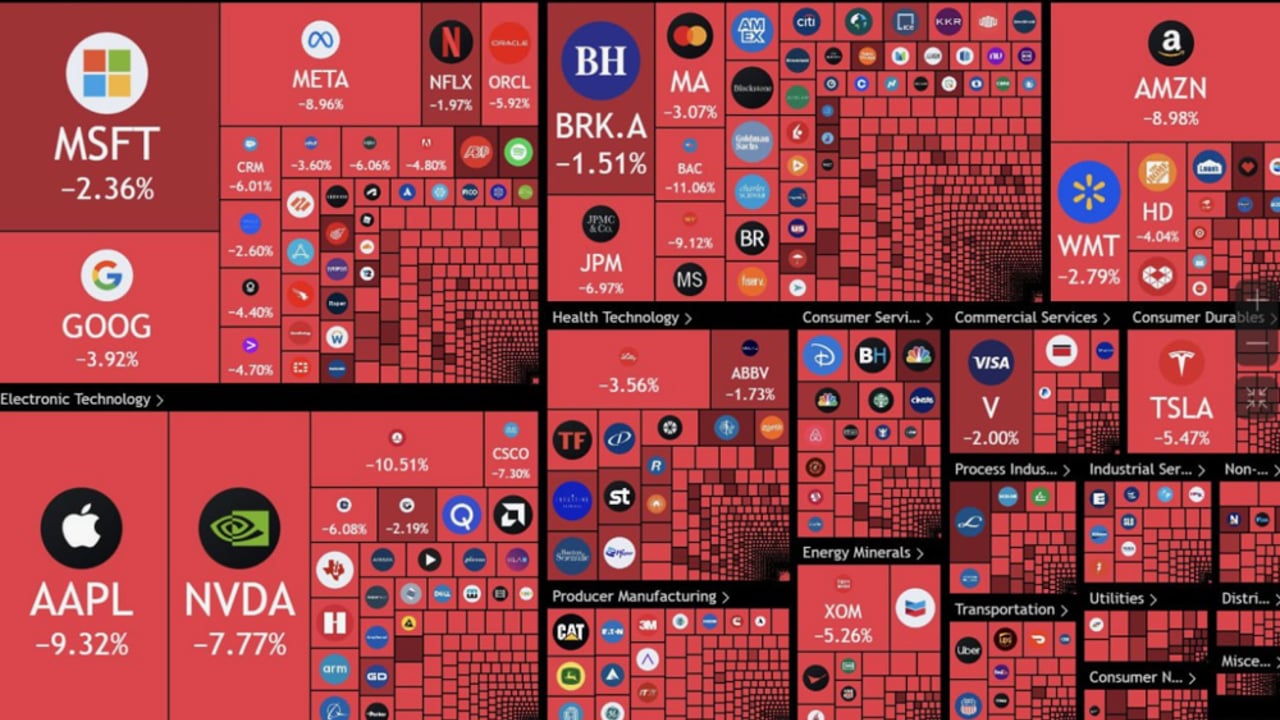
What This Means for Global Markets
The current situation forces specialists to analyze potential developments and their impact on the world economy. The EU faces the challenge of safeguarding its interests by balancing diplomacy with firm measures.
- The global economy may face increased trade barriers and slowed trade flows.
- The EU's counteractions could lead to unpredictable outcomes, affecting companies worldwide.
- Continued conflict risks becoming the start of a large-scale trade war, threatening global economic stability.
Thus, the EU stands on the brink of a decision that could mark a new chapter in its relations with the US and tip the scales toward further conflict escalation. Only diplomatic efforts from all parties involved may prevent the onset of a global recession.


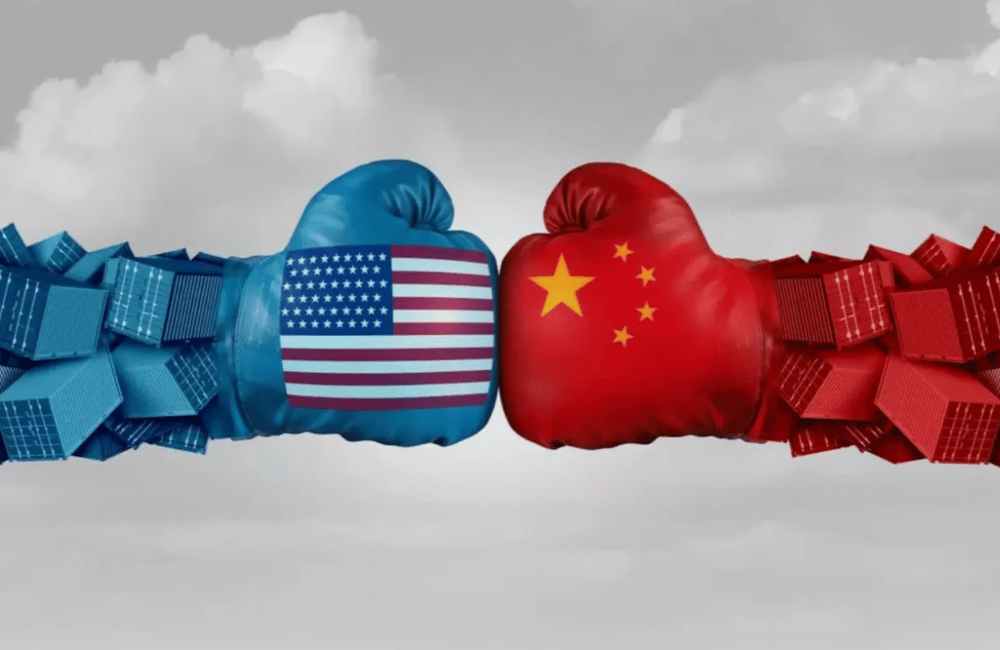






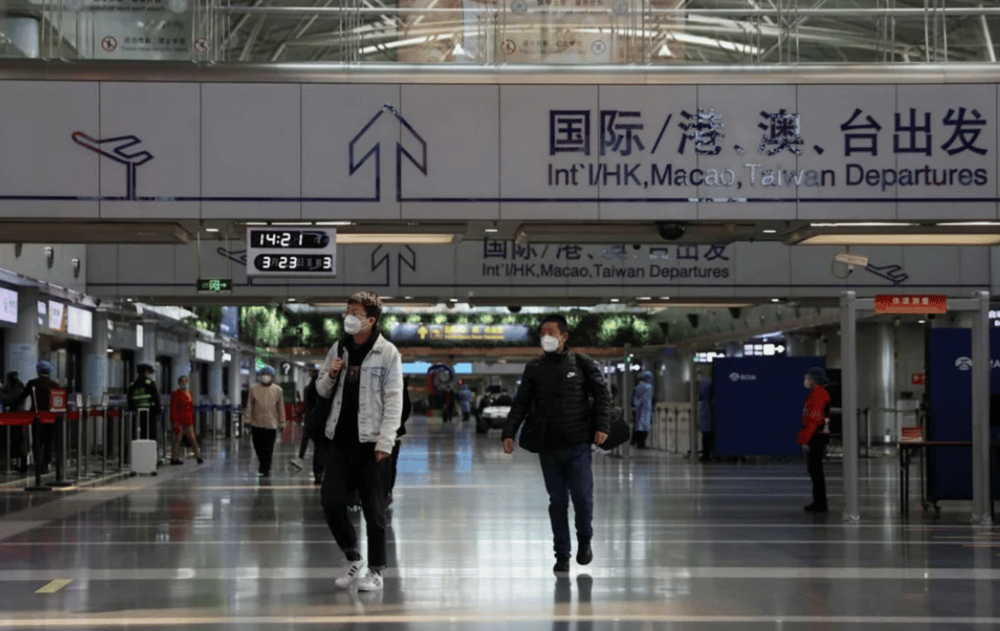
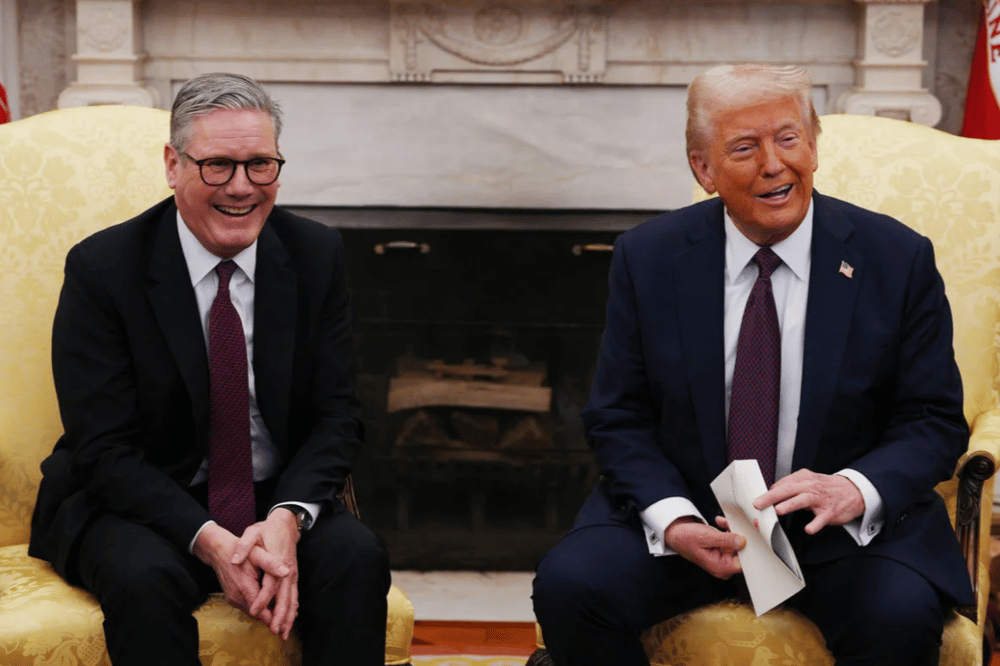
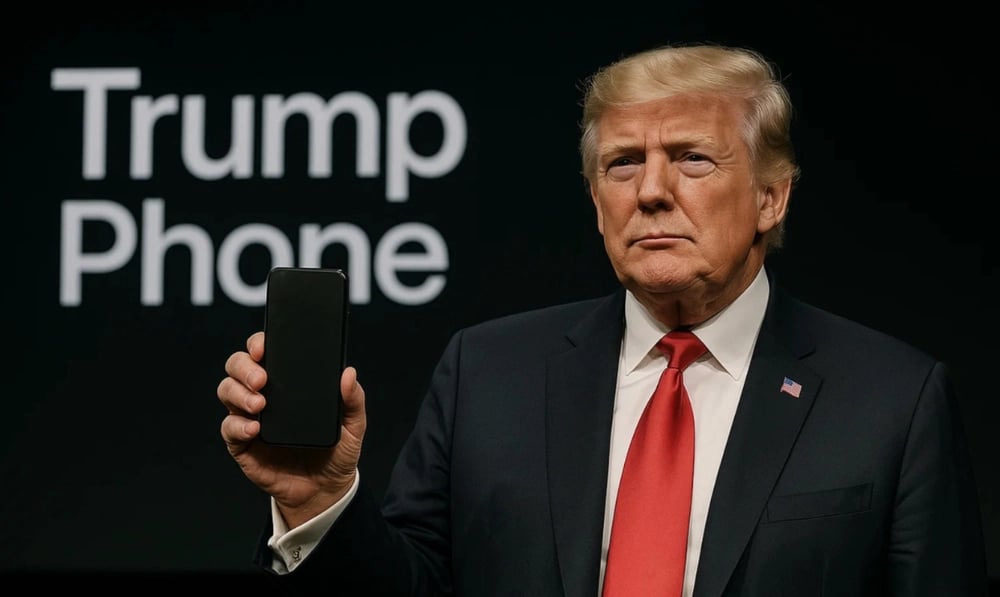






Comments